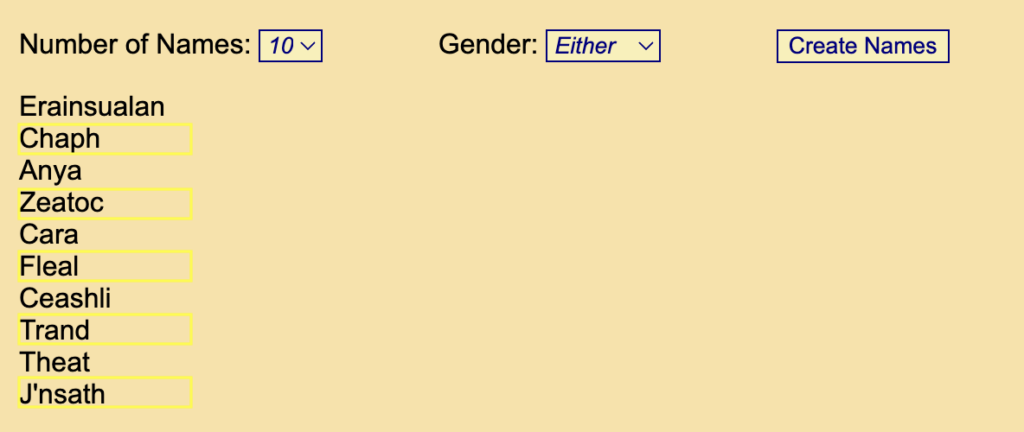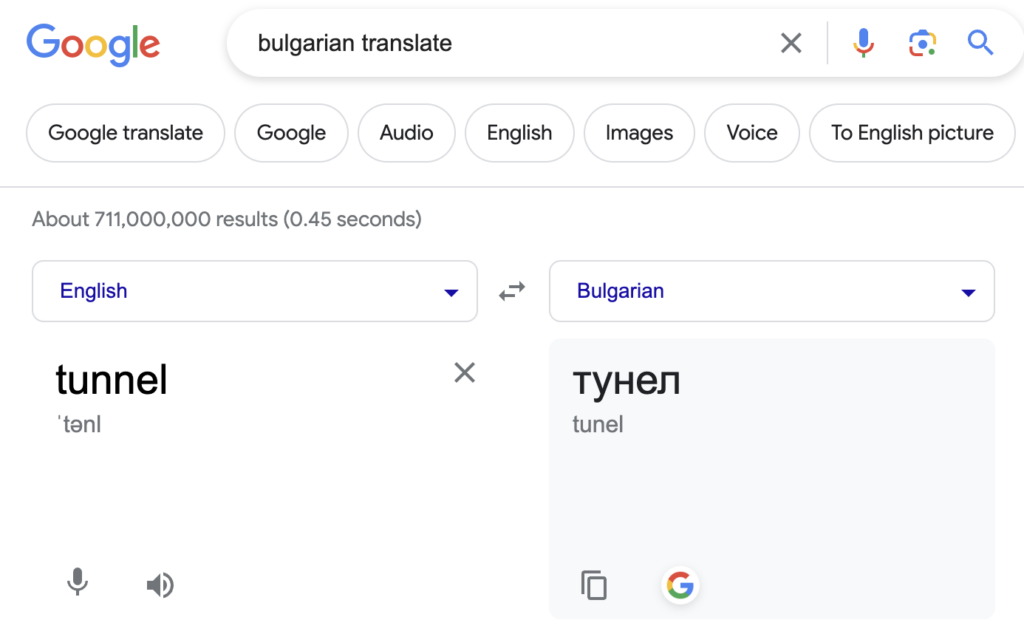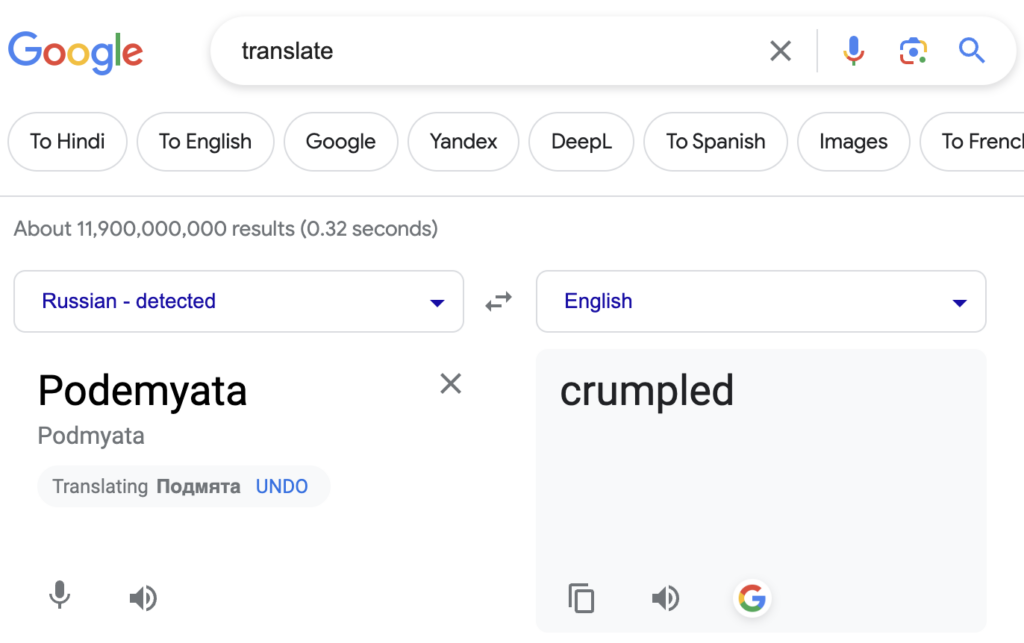Fantasy is among one of the best genres to write in (says the person who writes fantasy). But you’d probably agree, if you’re here looking for some fantasy world names to plug into your world. And who better to help you out than the person who spends an inordinate amount of time on the intricacies of naming things in her own world?
AKA: me! Naming of characters and places and yes, worlds, has always been important to me as a writer. There’s so much you can link to your fantasy world name, including clues and hints about the story, tying in real languages, and showcasing the world’s culture by the makeup of the name.
Whether you want to find a method of naming that takes the least amount of time or you want to dive deep into the naming process, I have some tips below.
- Why do fantasy world names matter?
- Examples of Fantasy World Names
- Use a Fantasy World Names Generator
- Make Up Your Own Fantasy World Name
- A List of 20 Fantasy World Names (Using This Method)
- More Techniques & Tips for Making Up Fantasy World Names
Why do fantasy world names matter?
“Can’t I just pick a name and go with it?” Sure. You absolutely can. But fantasy world names do matter, especially if you want to become a full-time author and/or plan to write multiple books set in this world. In fact, if you plan to write an entire universe to put your stories into, the world names matter.
Have you ever heard of the Cosmere?
If you read fantasy, you probably have, because its creator is among the most prolific fantasy authors of our time. Brandon Sanderson has sold millions of books, even spearheading the largest Kickstarter ever, raising over $42 Million dollars. That didn’t happen without fans.
Those fans love him in part because of his ability to worldbuild. Or rather, universe-build.
The Cosmere is what Brandon Sanderson calls the universe that all of his books take place. So the name of the universe itself is The Cosmere. But his books and series all take place on a unique world within that universe. He’s named all of his worlds.
And his fans know them.
If you Google “The Cosmere”, you’ll find all of Brandon Sanderson’s books. Name recognition is why fantasy world names matter, but it also goes beyond that.
The name of your world has the potential to add to your worldbuilding, give the reader’s a peek into the culture of your world, and paint a larger picture about the world and its people. It can also be a sneaky way to drop easter eggs for the truly ravenous fans.
Examples of Fantasy World Names
Sometimes it’s helpful to have examples to figure out how to choose fantasy world names. These aren’t meant for you to copy, but rather for you to see how other published authors have gone about naming their own fantasy worls.
The Cosmere by Brandon Sanderson with each book for that world:
- Ashyn – The Silence Divine
- Braize – Referenced, but no book
- First of the Sun – Sixth of the Dusk
- Lumar – Tress of Emerald Sea
- Nalthis – Warbreaker
- Roshar – The Stormlight Archive (Way of Kings)
- Scadrial – Mistborn Series
- Sel – Elantris, The Emperor’s Soul
- Taldain – White Sand
- Threnody – Shadows for Silence in the Forests of Hell
- Yolen – Dragonsteel, Liar of Partinel
Here are more fantasy world names not from Brandon Sanderson (lol):
- Asgard – all of the Thor and the like stories
- Azeroth – Warcraft franchise setting
- Barsoom – Under the Moons of Mars, but technically it is Mars, but for the sake of this post, it helps to showcase how you can name a world
- Equestria – a little on the nose, but it’s the world name for My Little Ponies
- Halkeginia – The Familiar of Zero
- Lankhmar – Two Sought Adventure
- Pellucidar – At the Earth’s Core
- Spira – Final Fantasy
- Xanth – A Spell for Chameleon
As you can see, the names of worlds vary, and depend on what the world itself is about. In some cases, they’re just cool names!
Use a Fantasy World Names Generator
If you don’t much care to make up a unique name and this isn’t a part of worldbuilding you enjoy all that much, then you can just outsource the naming of your world. It can be easy to think that you need to make up every little piece of your world or it’s not “good”, but that’s just not true.
Some people love the naming process of worldbuilding—like me! The naming of things—people, countries, religions, objects, and such—are exciting to me, so I do all of that myself. But you don’t need to if it’s not for you.
Just use a generator! You still want to follow a few tips below to make sure the generated name matches with the tone and style of your work, and also consider if you’ll be writing more books in this world, but a generated name is perfectly acceptable.
There are a lot of fantasy world names generators to choose from:
- Fantasy Name Generators: This one is a very basic generator if you’re looking for a world name. It spits out world names that aren’t necessarily unique, but made from something else like, “The Free Land” or “The Ink Expanse” or “The Dying Shores”. Depending on your style of book, this might work!
- Nameberry’s Fantasy Name List: It’s less of a generator and more of a list of potential names to use that sound very fantasy-like. They’re meant to be people names, but you can tweak or borrow for the name of your world (and a people name would sound fitting if the culture of your fantasy world thinks of its planet has a person or entity).
- Chaotic Shiny Fantasy Name Generator: This one allows you to choose between male or female (or either) and you can create up to 10 names at a time. Some don’t much fit for a world’s name, but some do! You can see the example below for what it spit out for the first 10 names. I highlighted the ones that would make for good fantasy world names.

Now, one thing to keep in mind is that a lot of these generators do spit out the same names for people who use them. Typically, these pieces of coding are created by pulling from a bank of words submitted by the website owners or pulled from various places on the web.
Which means if you do use a fantasy world names generator, just make sure to tweak the name slightly. We don’t want you and some other author having the same world name.
Here’s how I would tweak the above options while still maintaining at least mostly what they’d sound like:
- Chaph > Shaphe
- Zeatoc > Zaetyk
- Fleal > Fleyl
- Trand > Trahnd
- J’nsath > J’nsayth
Make Up Your Own Fantasy World Name
This method is a bit comprehensive, but also really fun! It uses other languages as the base and we’ll tweak them so by the end, you have a name that doesn’t actually exist (hopefully) but that sounds real.
This is the method I use personally for naming not just fantasy world names, but cities, continents, and even characters (although the character names have their own method I outline here).
1. List defining characteristics of your world
Sometimes it helps to have a few things to pull from when making up your fantasy world names. The characteristics of the world can play a big part in the naming of it (especially in the steps below).
Here are some questions to figure this out for the next steps:
- what type of magic is used?
- are there any gods?
- how many gods if there are any?
- how many continents?
- what’s the percentage of water to land?
- are there any massive landmarks?
- is the world connected or do the continents not know one another exists?
- was the world created or a natural planet?
- has magic always existed or did it arrive at some point?
- what are the people like?
- what do the people of this world worship?
- what’s an important resource to these people?
2. Choose between short or long
Do you want a long world name or a short one? Typically, shorter world names are more memorable, but it completely depends on your world, naming structure, the culture, and even what the name is based on. So while you might want to keep the name short, a longer name could be more suited to the story—especially if the plot involves the name or meaning of the world.
You can also decide to skip this step and decide by tone in the steps below.
3. Determine a guiding language
It’s just a good idea and helps your world feel more realistic. I use guiding languages for all the regions within my world (meaning all the continents/islands). It’s helpful because as readers, we tend to use our own knowledge to shape the visuals inside our minds.
Yes, you can use as much description as you want to showcase a culture that is brusk and tough and very harsh, but if you give them a base language like French, it’ll be much harder for readers to picture them how you want. Using Russian, however, would help a lot.
For this reason, I like to take the world (or region) and take a look at the people. What are they like? Which language from a certain area of the world can I use that would best match those people?
Brandon Sanderson also uses this method for his books, but we’ll take it a step further with my steps below.
If you don’t know the language spoken in a specific location, just Google it. “What language do they speak in Amsterdam?”
For the purpose of this example, I’m using the base language of Bulgarian.
4. Choose several words that would describe your world
This is, of course, if you want to tie your world’s name to a hidden or easter-egg type meaning. This is where you’ll utilize the list you came up with in step 1.
Create a long list. Even if it’s a simple word like “tunnel” to describe how the people in your world have to dig tunnels and underground housing because of the harsh living conditions above ground (which sounds like a cool fantasy writing prompt, you’re welcome!).
Let’s use that as an example for the next steps: tunnel.
Let’s also use: underground, dark, harsh, sun, blind, airless, buried
5. Plug those words into a translator for your guiding language
This part is easy. Go to Google and just type in “translator language” for your language. It’ll pop up right in the results, and from there you can type in each word and record them.
If you’re finding that the language you chose doesn’t quite fit what you were hoping, just go to the dropdown and try a new language until you find one that sounds right. This is something you may just need to test and figure out, especially if you’re not sure which base language to use from the step above.

And here is ALSO a great example of how not every English word will have a cool different word in another language. I would not advise naming your world “Tunel” if you have tunnel people.
But that’s why we have more words and a list from step 1!
6. Write down each word from the new language
Use a Google spreadsheet or just a sheet of paper or even a writing software! Whichever works best for you.
Repeat the step above for each and copy down the translated word. Easy Peasy!
Here’s the list for my words above:
- underground — pod zemyata
- dark — tumno
- harsh — surov
- sunless — bez sluntse
- blind — slyap
- airless — bezvuzdushno
- buried — zaroveni
7. Tweak each word for the new language slightly
And eliminate the ones that just won’t work. I wouldn’t use “Bezvuzdushno” because it’s quite long, and the reader won’t likely be able to pronounce it. While you can definitely have fantasy world names that are longer and harder to pronounce, you want your reader to be able to tell someone else its name when asked.
Keep that rule in mind!
After you have a few you want to use, tweak slightly by using other letters that sound similar, removing letters, mashing words together if there are more than one, or adjusting the sound of the world slightly.
Here’s an example of how I’d do this:
- pod zemyata — Podemyata
- tumno — Dtumno
- surov — Suryv
- bez sluntse — Bezluntse
- slyap — Slyaep
- zaroveni — Zrovenai
DO NOT SKIP THIS TIP: Plug your new fantasy name into a translator with “detect language” on to make sure your fantasy world names don’t accidentally mean something real—and embarrassing–in another language. Just type in “translate” in Google and it should pop up with “detect” as the default. Thank me later!!

As you can see, the example above is close enough that I would either tweak it more if I really liked it, or choose a different name that doesn’t show up as anything in English.
8. Choose the name that fits the tone of your world
Dark and mysterious books will be served better with fantasy world names that fit that description. This is where real-life naming conventions can differ from that in your own world.
Readers like to be told how to feel. Every name and location can contribute to how your book is perceived by your audience. The more you use names that fit the tone and style of your book, the more of an image you’ll create for your reader. But in real life, oftentimes, the person who discovered the place will name it—usually after themselves.
In fiction, we can do that, but we also get to choose the name of the person who found it.
In the case of naming your entire world, especially if you’re going to use the name often, matching it to your books tone will just feel fitting for both you and the reader.
If my world, maintaining the example above, is one where they have to live underground because the world on the surface is too harsh, I’d choose something that sounds a little scary. It’s a harsh world. A harsh name would fit!
Of the above options, I’d choose: Zrovenai
Plus, this name also just feels like there’s culture and depth to the fantasy world as a whole. If you put this one into translate, it does show a “found language” with the spelling of “Zrovenaj” which would mean “crumbled” when translated from Belarusian. It’s not exact, but I also like that this could serve to foreshadow some of the plot. What would happen if the people who were living underground had to deal with crumbling tunnels killing others and forcing them above ground?
Mmmm, I smell conflict!!
A List of 20 Fantasy World Names (Using This Method)
I made these up. Just now, on the fly, using the steps I taught you above. Below, I’ll show you the original word, the translation and which language, along with the made-up fantasy world names.
Just remember, don’t use these ones. These are on the internet for anyone else to use and should serve as an example of the methods I outlined above. If you do use them, be prepared for a lot of other people to possibly use them as well.
ORIGINAL WORD – TRANSLATION (LANGUAGE BASE) – FANTASY WORLD NAMES
- Sprouted — mbire (albanian) — Mbyre
- Flyers — phalaira (punjabi) — Phlaira
- Clouds — nuvens (portuguese) — Nyvyns
- Compliment — hros (icelandic) — Hroas
- NOTE: this one did get flagged as meaning “hero” in Greek
- Worn down — dzapera (shona) — Dzaepra
- Survivors — Saengjonja (korean) — Saen’Gjon
- Portal — ingosi (zulu) — Ingysi
- NOTE: this one did get flagged as meaning “subpoena” (lol!) in Greek
- Flooded — dat’bora (georgian) — Dyt’bra
- Glass skin — klaasist nahk (estonian) — Klaasahk
- NOTE: this one did get flagged for meaning “glass oven” in Estonian
- Unearthed — khonphob (lao) — Khanph
- Worship sky — uctivani nebe (czech) — Uct’vebe
- In the dirt — dar xok (tajik) — Darxyk
- Treetops — saitpainmyarr (burmese) — Saipyarr
- Build — nirmisalu (kannada) — Nyrmslu
- Scorched — jhulasia (punjabi) — Jhul
- NOTE: this one did get flagged for meaning “swing” in Hindi
- Thrive — yazdahir (arabic) — Yazhir
- Squabble — bertengkar (indonesian) — Birgkar
- Peaceful — pasnic (romanian) — Pahsnyk
- Rope — jaze (macedonian) — Jaeze
- Upward — depi ver (armenian) — De’pver
- NOTE: this one did get flagged for meaning “Denver” in French
Now do all of these make perfect fantasy world names? Not really. But they could world for worlds, even with a few tweaks. My personal favorite from the above is Ingysi, despite what it means in Greek. I think that’s a pretty world name, and would world great for a portal fantasy story!
Thankfully, none of the made-up fantasy names mean anything scandalous or embarrassing in other languages.
More Techniques & Tips for Making Up Fantasy World Names
- Base the name off of a large world structure
- Base the name off of the planet’s location amongst the stars and other planets (if your world has had any technology that would make this doable!)
- Use a worldwide plant, rock type, or structure that every continent would have and know
- Decide a naming structure for other things, which can help determine how your world is named (like if the discoverer names a location, would the person who discovered your world’s existence in the universe get to name it?)
- Decide how the world got its name
- Determine if your world has one name, or many, depending on the culture and how connected each continent is to one another (if your continents can’t reach one another like in many low-tech fantasy stories, what does each continent call the world?)
- Don’t be afraid to use apostrophes or mashing letters together that might now “sound” right when you say it out loud. The point is to sound like a different world—it’s fantasy!
Ultimately, this method helps you come up with fantasy world names that could be real, but are definitely not. They’re unique and specific to your story, too! Give it a try and let us know what you come up with.

